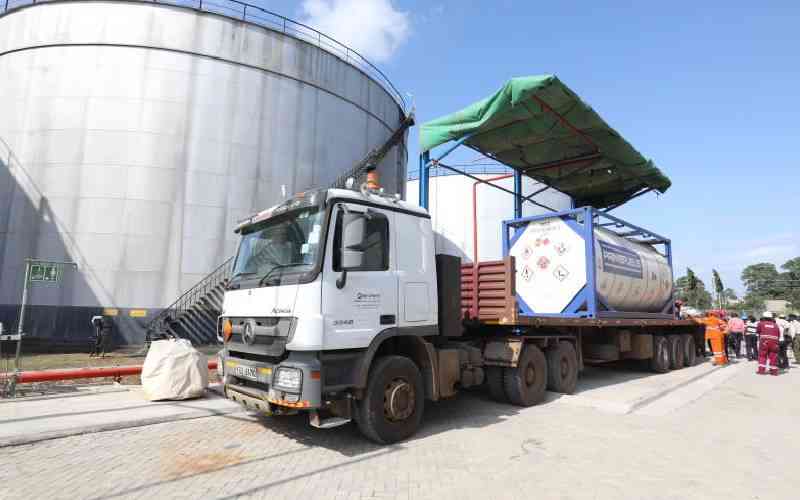×
The Standard e-Paper
Kenya’s Boldest Voice
By Mumbi Mionki- Swao
The new land laws have ushered in a new era in land and property ownership in Kenya, which is a great leap forward for us as a country. However, confusion and debate abound, due to lack of clarity in the new laws.







